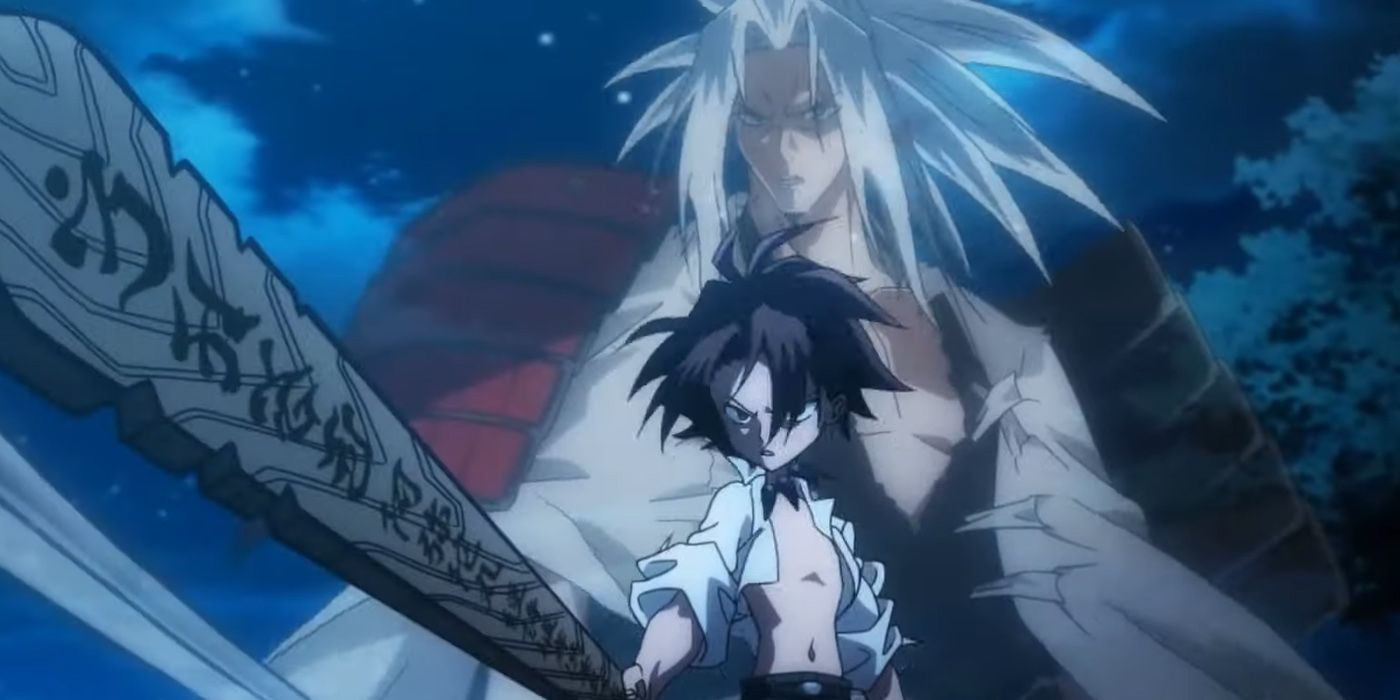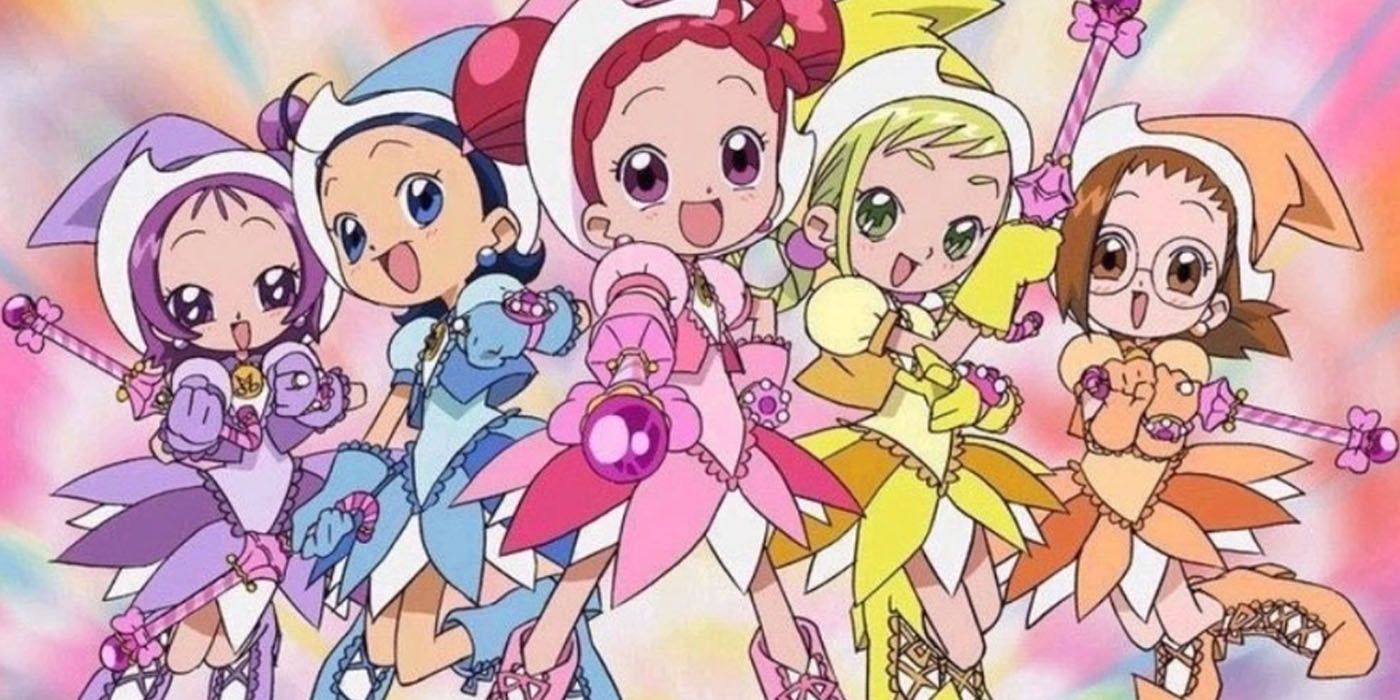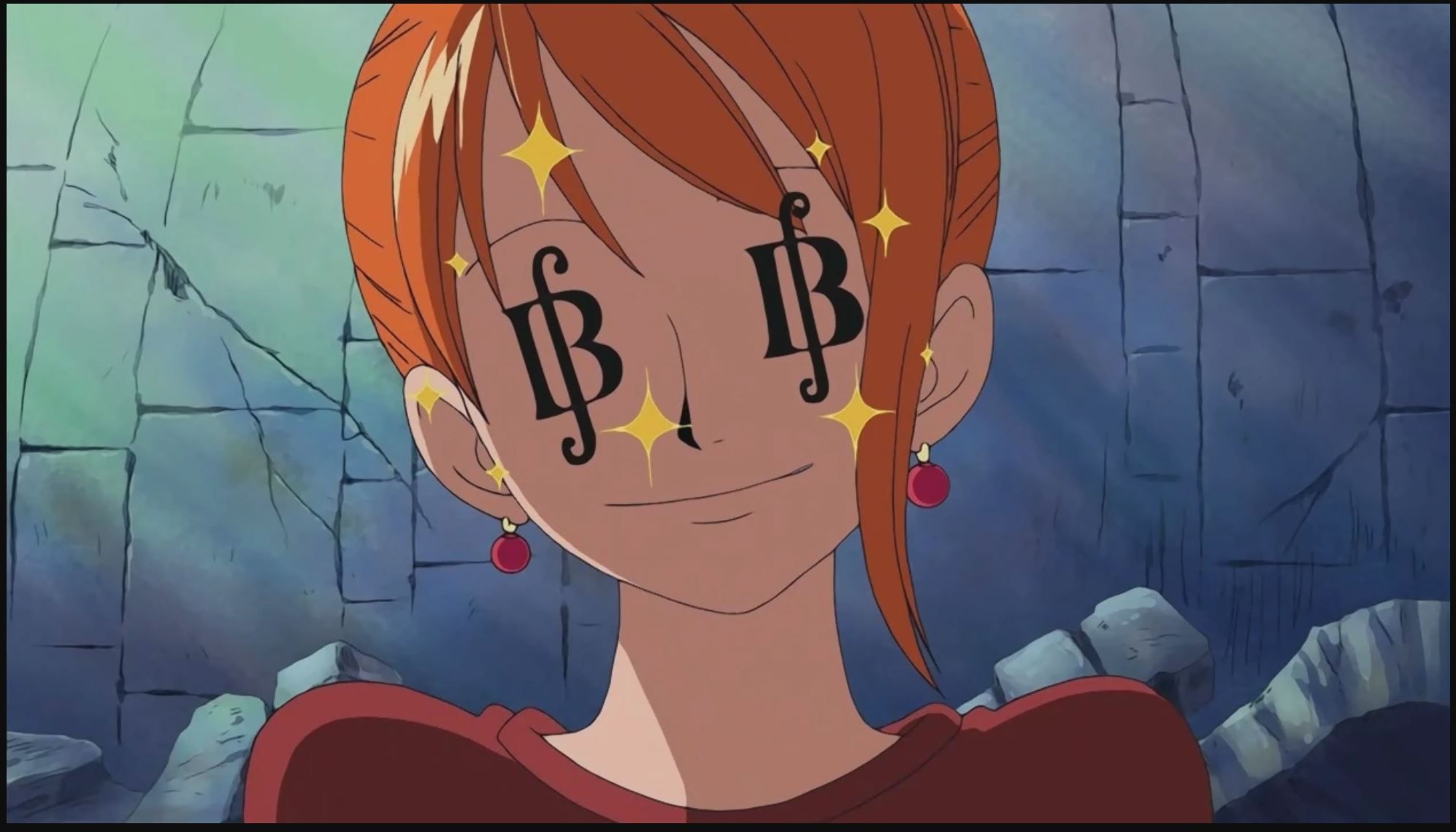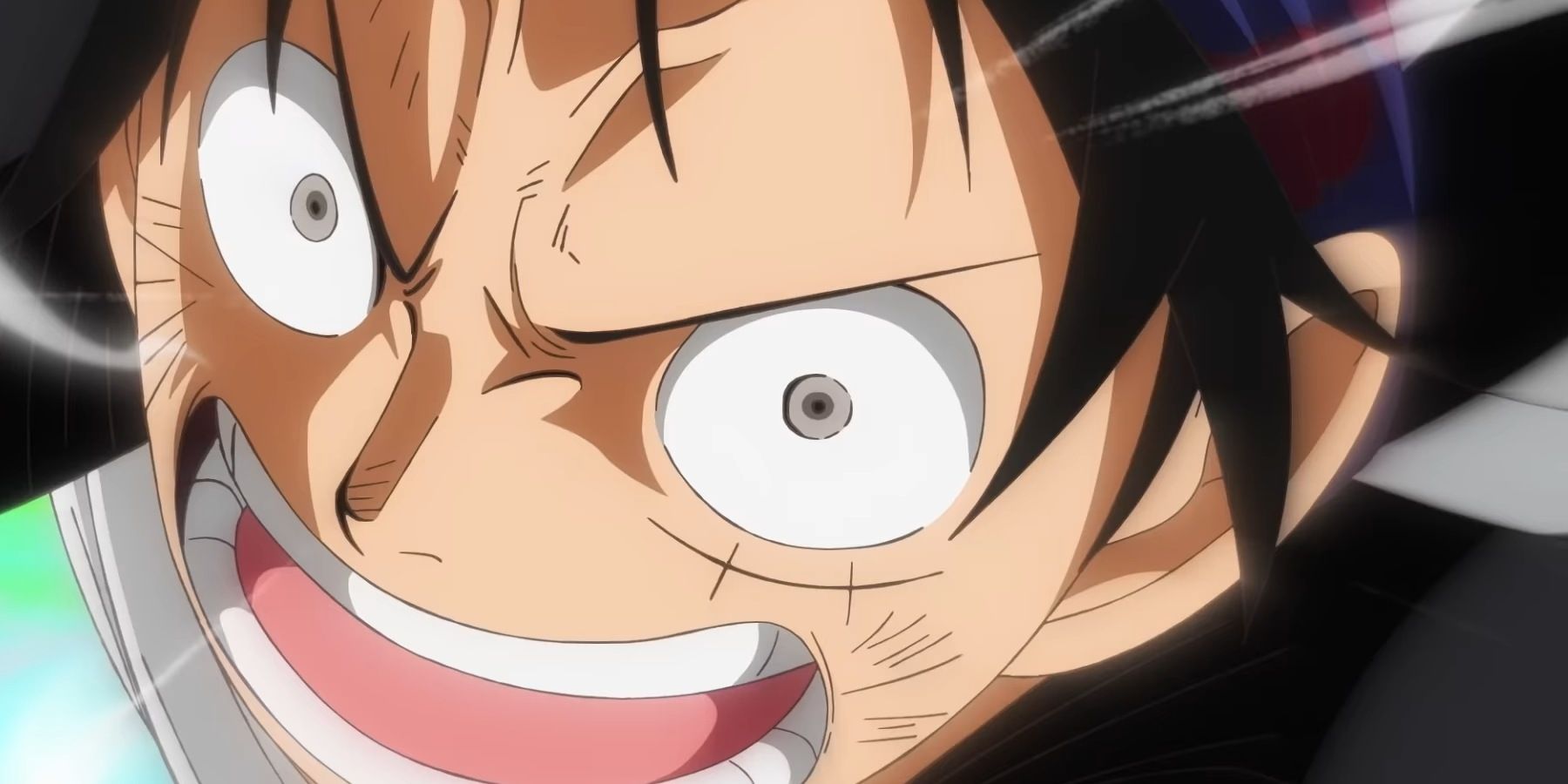One Piece may be one of the most popular anime in the world today, but its journey to American shores was difficult, to say the least. While fans can enjoy a faithful adaptation by Crunchyroll on Netflix (while they eagerly await the live action adaptation), more than a decade ago there was an earlier attempt to bring the series over to the states' courtesy of 4Kids Entertainment. 4Kids is not a beloved name in the anime community, as they are known more for their terrible anime dubs and a very strange rendition of the Star Spangled Banner that was sung by mostly anime characters (one of them being Luffy himself).
Their adaptation of One Piece ended up arguably being their worst dub of all time, and if someone asks “how bad could 4Kids dubbing be” all you have to do is show them an episode or two and the reputation of the company will instantly make sense. Yet the strangest thing about that whole bizarre story is that 4Kids technically wasn’t looking to license Once Piece in the first place. In fact, they really didn’t know much about it and were more or less strong-armed into releasing it. That story is just as strange as the 4Kids dub of One Piece itself.
No Girls Allowed?
4Kids had a lot of success with shows geared for boys. While Pokémon was a series that was popular with both boys and girls, most of the companies other properties were successful because of the large male audience they enjoyed. Shows like Yu-Gi-Oh!, Teenage Mutant Ninja Turtles, Shaman King, and Sonic X did have SOME crossover appeal, but the numbers showed that these series were primarily being watched by boys and girls just weren’t tuning in. This made their struggling children’s network Fox Box an unintended “boys only” club, and there was money being left on table by excluding the girls.
CEO Al Kahn decided that since they had some of the highest-rated shows for boys, it made sense for the company to expand and acquire some shows for girls. Their first acquisition - Winx Club – was a small hit for the company, and Kahn knew the next step would be to acquire some shoujo anime from Japan. This is where one particular show caught their eye…but there were strings attached if they wanted to acquire it.
Magical Witches Aren’t Cheap
In a 2010 episode of the ANNCast Podcast, Mark Kirk - senior vice-president of digital media for 4Kids Entertainment - revealed that despite rumors, 4Kids was not actively seeking out One Piece as a potential show to license. They knew it was about pirates and that it had an audience in Japan, but they weren’t all that interested in a pirate show when Disney had the market cornered on that genre. Instead, when they were looking at Toei Animations’ lineup of properties the executives were drawn to one title in particular: Ojamajo Doremi!
The series revolves around a group of elementary school girls who become witch apprentices. The series was ideal for 4Kids portfolio of shows. Popular anime geared towards girls? Check! Colorful with minimal editing required? Check! Potential for lots of merchandise? Check! Over 200 hundred episodes?! Double check! In short, 4Kids wanted Ojamajo Doremi, and they wanted it BADLY! They contacted executives at Toei to discuss acquiring the show and making Ojamajo Doremi a hit in America. While Toei was happy to sell to them, they would only sell it on one condition.
Make them an Offer they Can’t Refuse
Although 4Kids had a bad reputation amongst anime fans they had a great reputation as a business. Being the production company behind two of the most successful anime properties of all time will make anyone turn their heads. Toei saw what 4Kids was able to do with Pokémon and Yu-Gi-Oh! and wanted the same kind of success for One Piece. They felt if anyone could make One Piece a success in America it was 4Kids. So they made 4Kids an offer they couldn’t refuse: They would sell the rights to Ojamajo Doremi to 4Kids…but ONLY if they agreed to acquire One Piece as well!
While 4Kids wasn’t seriously considering releasing One Piece, they had at least heard of it, the whole pirate concept was certainly marketable, and they REALLY wanted Ojamajo Doremi! Ultimately feeling that One Piece sounded at least like a minor hit on paper, they agreed to the deal and acquired bother shows: One they had researched and one that they knew next to nothing about.
The Result?
When 4Kids got around to finally screening what they had picked up they were horrified by what they saw. While One Piece was funny and had quirky characters, the amount of violence, language, and gunplay made the series extremely unsuitable for their target audience. The problem is they were now contractually obligated to do something with the license, so they edited it the best way they saw possible. Mark Kirk said the experience of producing One Piece "ruined [4Kids] reputation," and revealed they produced the number of episodes they were legally required to produce and waited for their contract to expire, so they could drop the show.
It was such a fiasco that 4Kids put better review measures in place to ensure they did not acquire series that were as adult in nature in the future. As for Ojamajo Doremi, the series aired as Magical DoReMi and promptly bombed with only a dozen or so episodes airing before it was pulled with another 4Kids localization Mew Mew Power (which was originally Tokyo Mew Mew). With more and more flops on their hands, 4Kids would ultimately get out of the anime business altogether when they would lose the license to Yu-Gi-Oh! One Piece would be rescued by Funimation which, after years of patience and dedication, finally found an audience on sites like Crunchyroll and Netflix. It’s just interesting to think everyone went through so much pain. All for a show 4Kids didn’t even want in the first place.
Source: Anime News Network

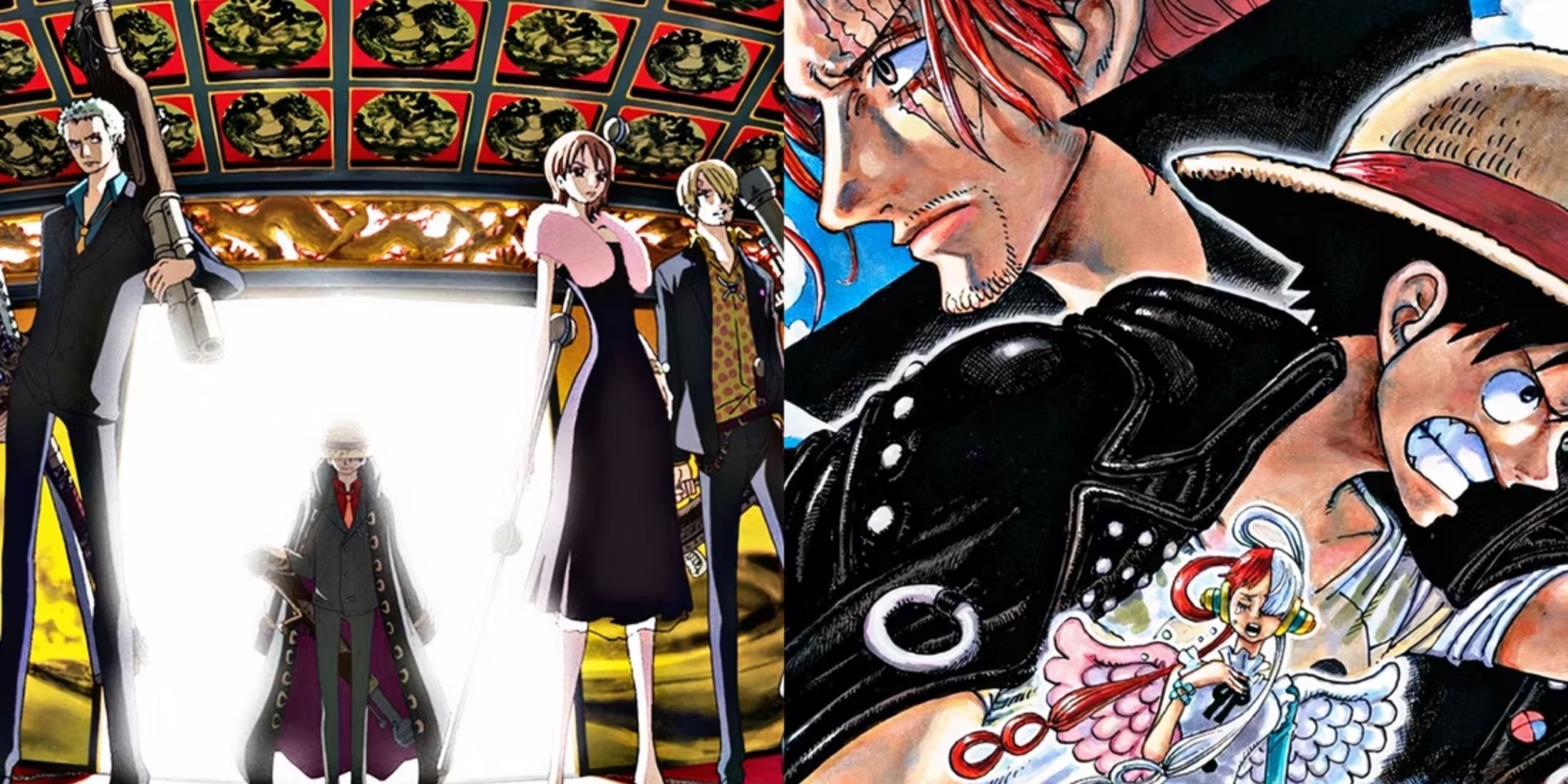
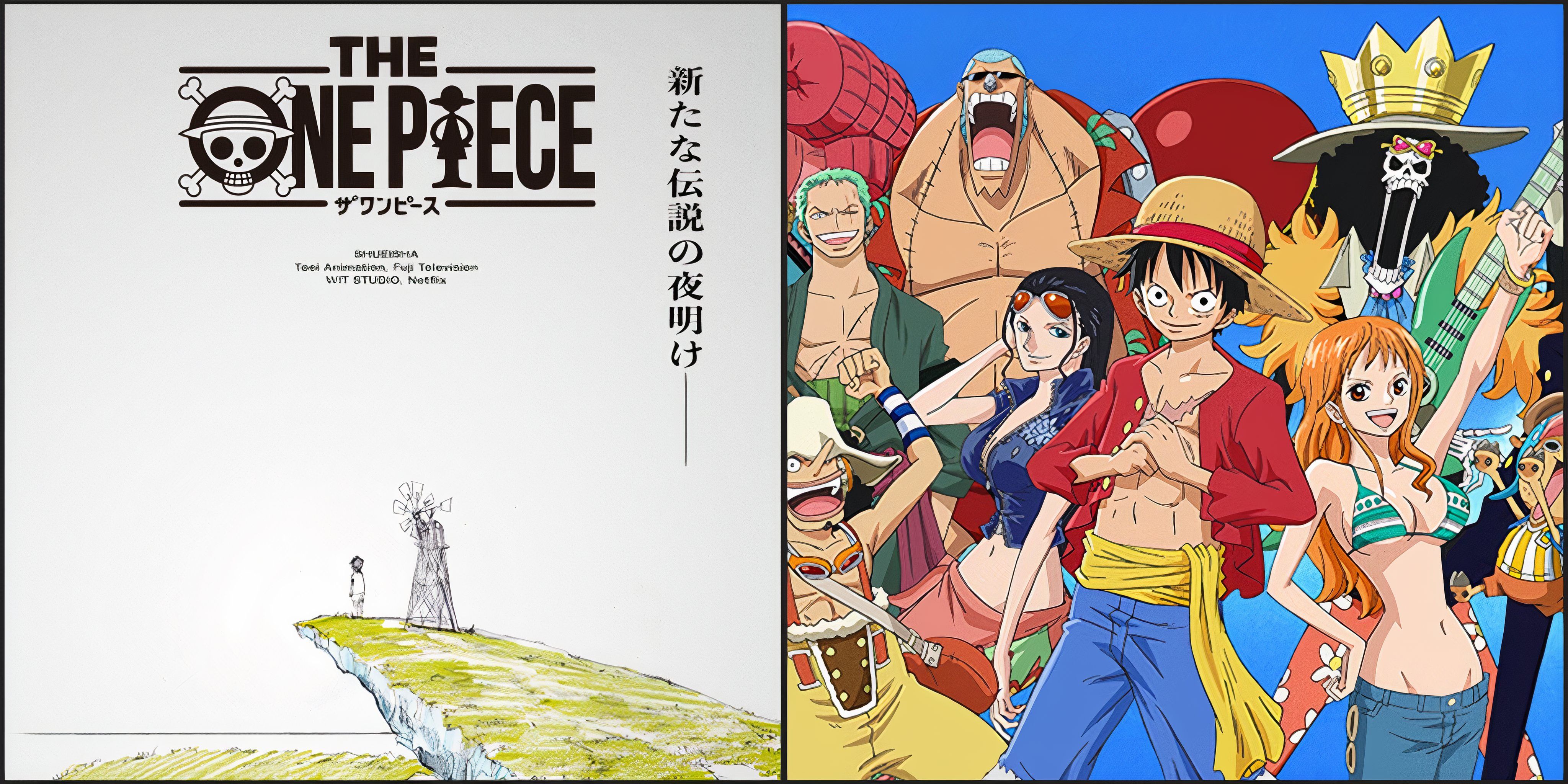
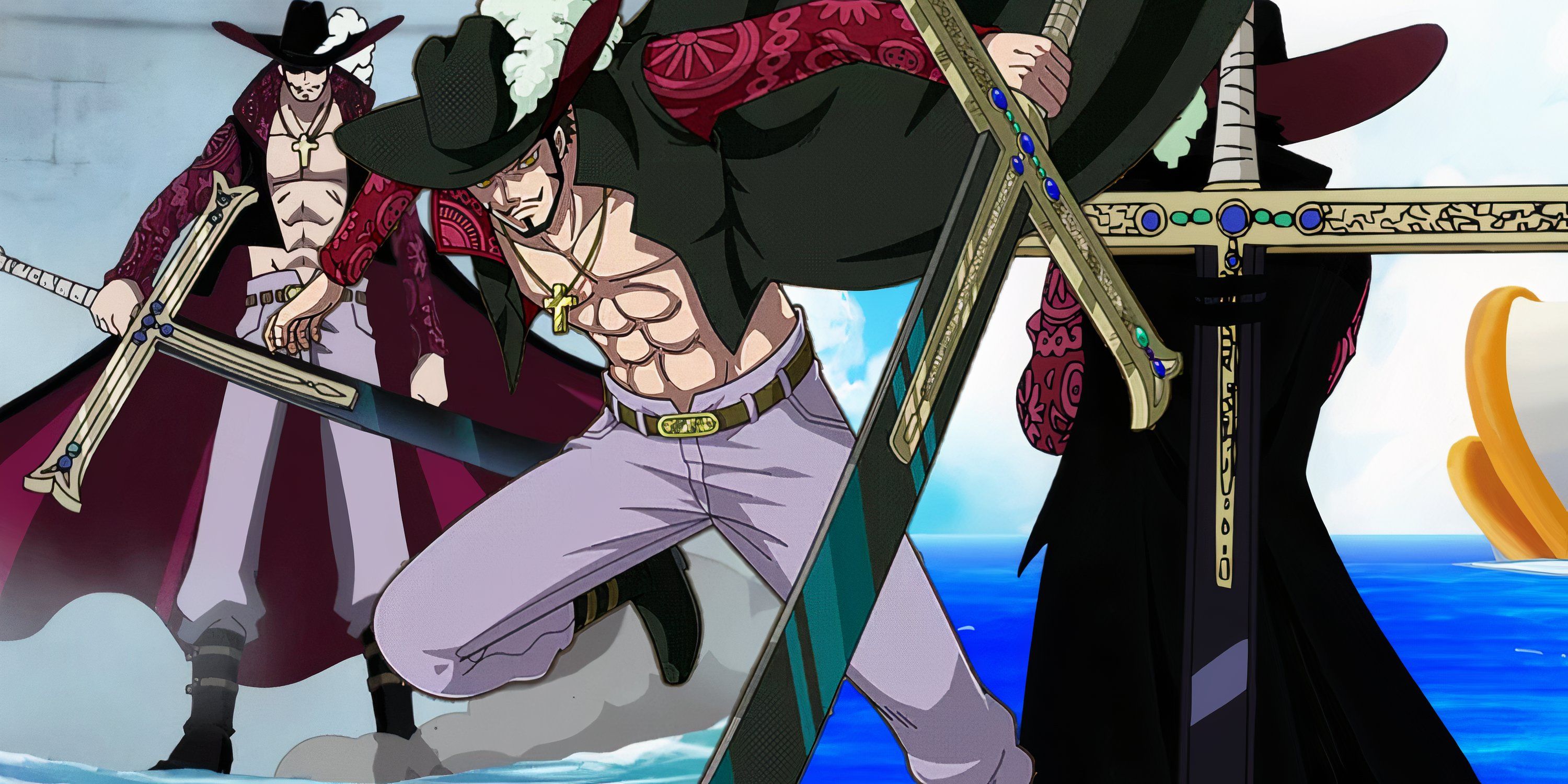
.jpg)
